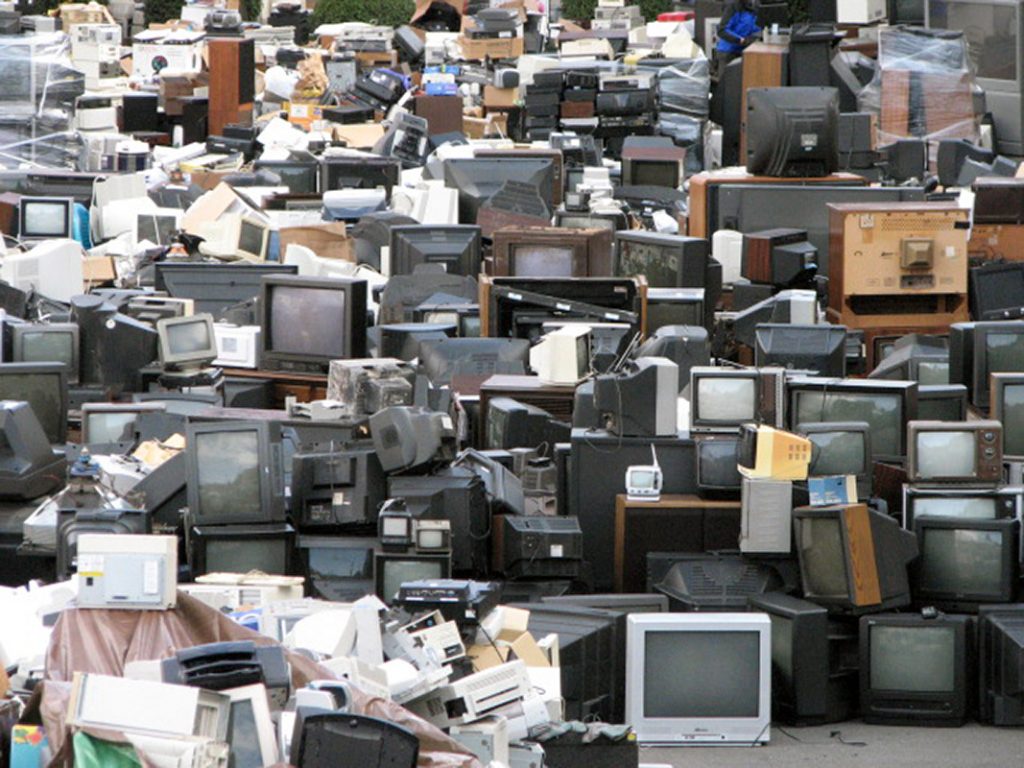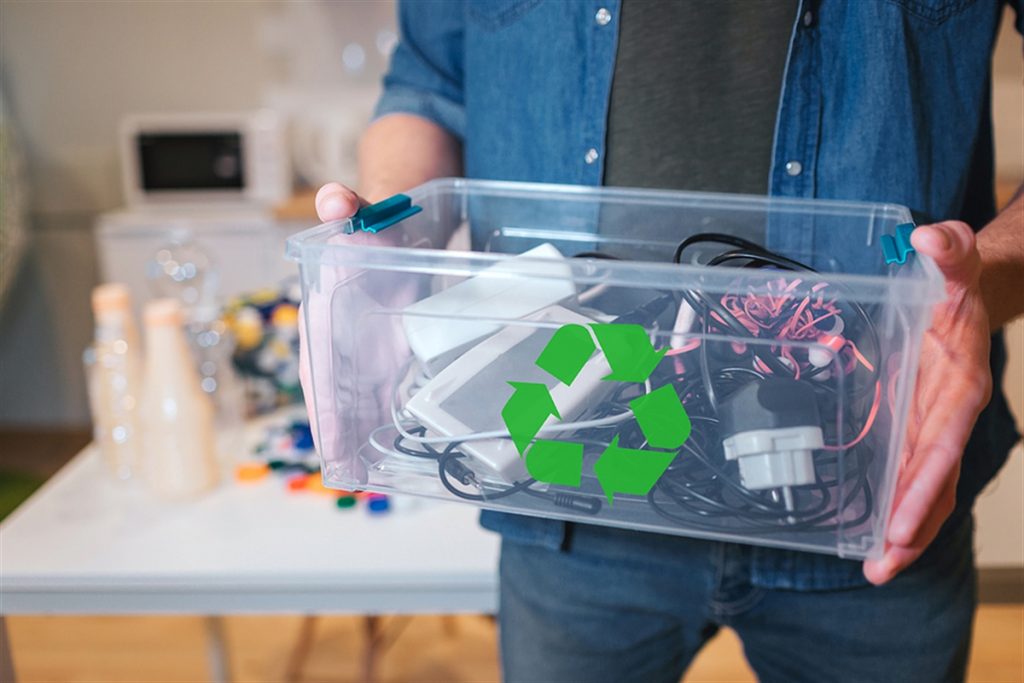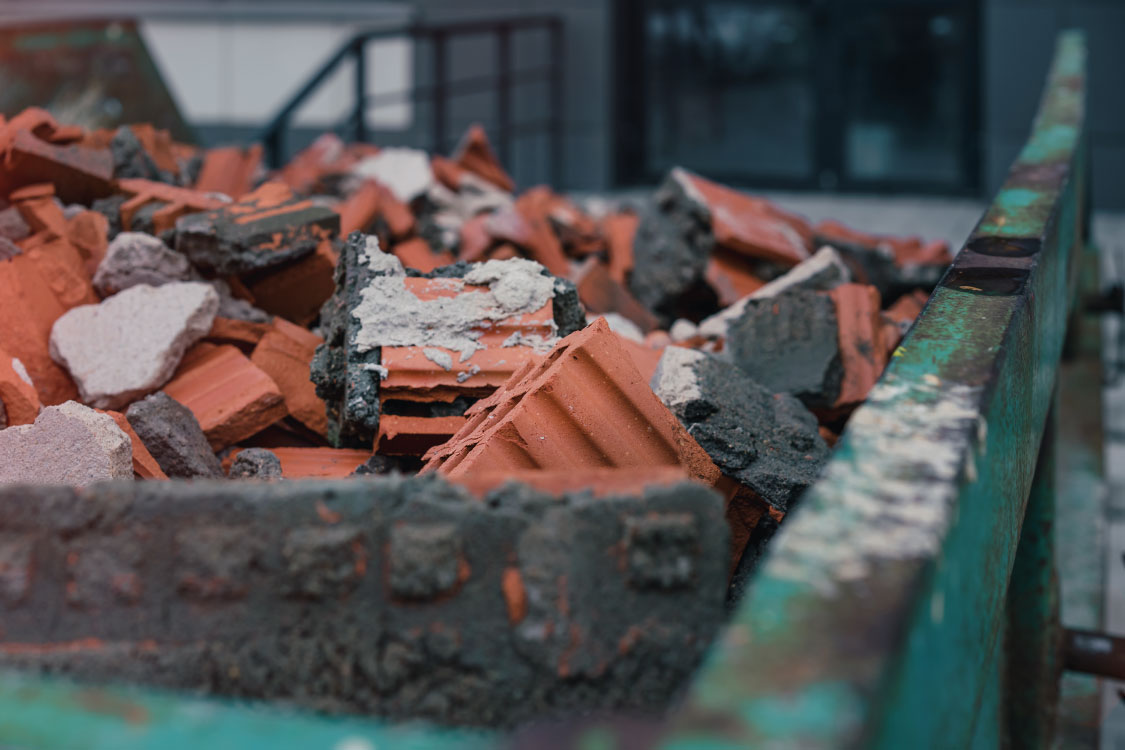A Growing Mountain of E-Waste
Record amounts of e-waste were discarded around the world in 2014, according to new research conducted by the UN University.
In the Global E-waste Monitor 2014: Quantities, Flows and Resources the United Nations educational and research branch found that 42 million tonnes (42 billion kilograms) of electrical and electronic waste was added to landfill worldwide in 2014, with only 6.5 million tonnes (6.5 billion kilograms) taken for recycling.
 Image Credit: Web Ecoist
Image Credit: Web Ecoist
The report estimated that the discarded materials, including gold, silver, iron and copper, was worth some US$52 billion.
The gold alone was valued at $11.2 billion, with the precious metal used in devices because it is a good, non-corrosive conductor of electricity.
“Worldwide, e-waste constitutes a valuable ‘urban mine’, a large potential reservoir of recyclable materials,” said David Malone, the UN under-secretary-general and rector of UNU.
The Chief Culprits
Surprisingly the world’s leading perpetrators were Western and Northern European countries that traditionally pride themselves on their high level of environmental consciousness. Taking out first place for most electronic waste per capita for 2014 was Norway.
- Norway (28.5kg)
- Switzerland (26kg)
- Iceland (26Kg)
- Denmark (24Kg)
- Britain (23.5Kg)
In volume terms, the world’s leader was unsurprisingly the world’s most wasteful nation: The United States of America. According to a recent article by Noah M. Sachs published in The Atlantic, “[America] generates 50% more trash than Western Europeans and two to three times more than the Japanese.”
- The USA
- China
- Japan
- Germany
- India
Interestingly the UN’s study revealed that between the two of them, the world’s two biggest economies account for more than 30% of the world’s e-waste.
What Items Are Classified as E-Waste
According to this UN report e-waste is defined as any device with a cord or battery. However the vast majority of the electronic waste that made up the 42 billion kilograms discarded last year was made up of old kitchen, bathroom and laundry equipment.
For detailed information about what can be recycled here in South Australia visit Zero Waste SA today.



